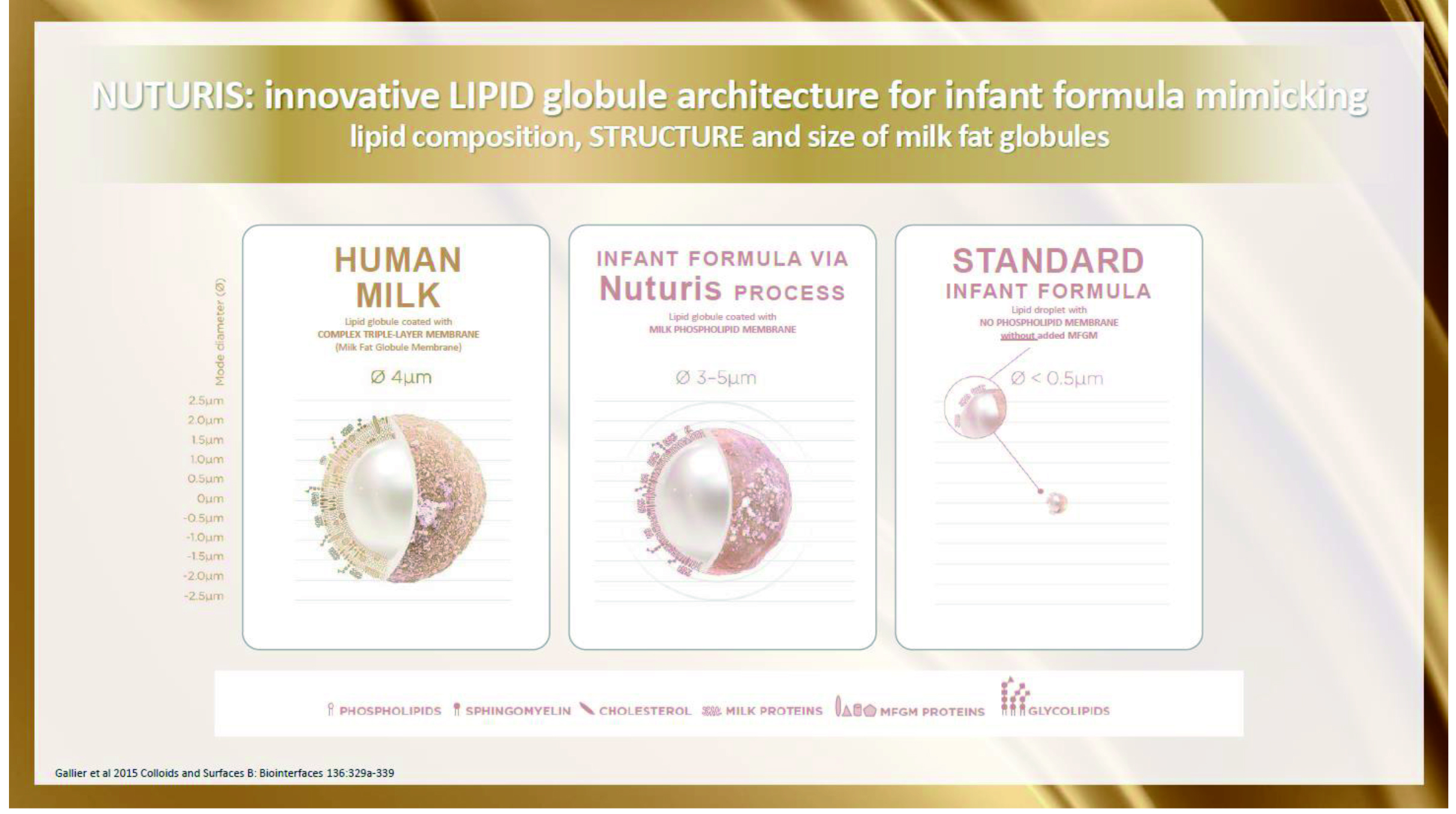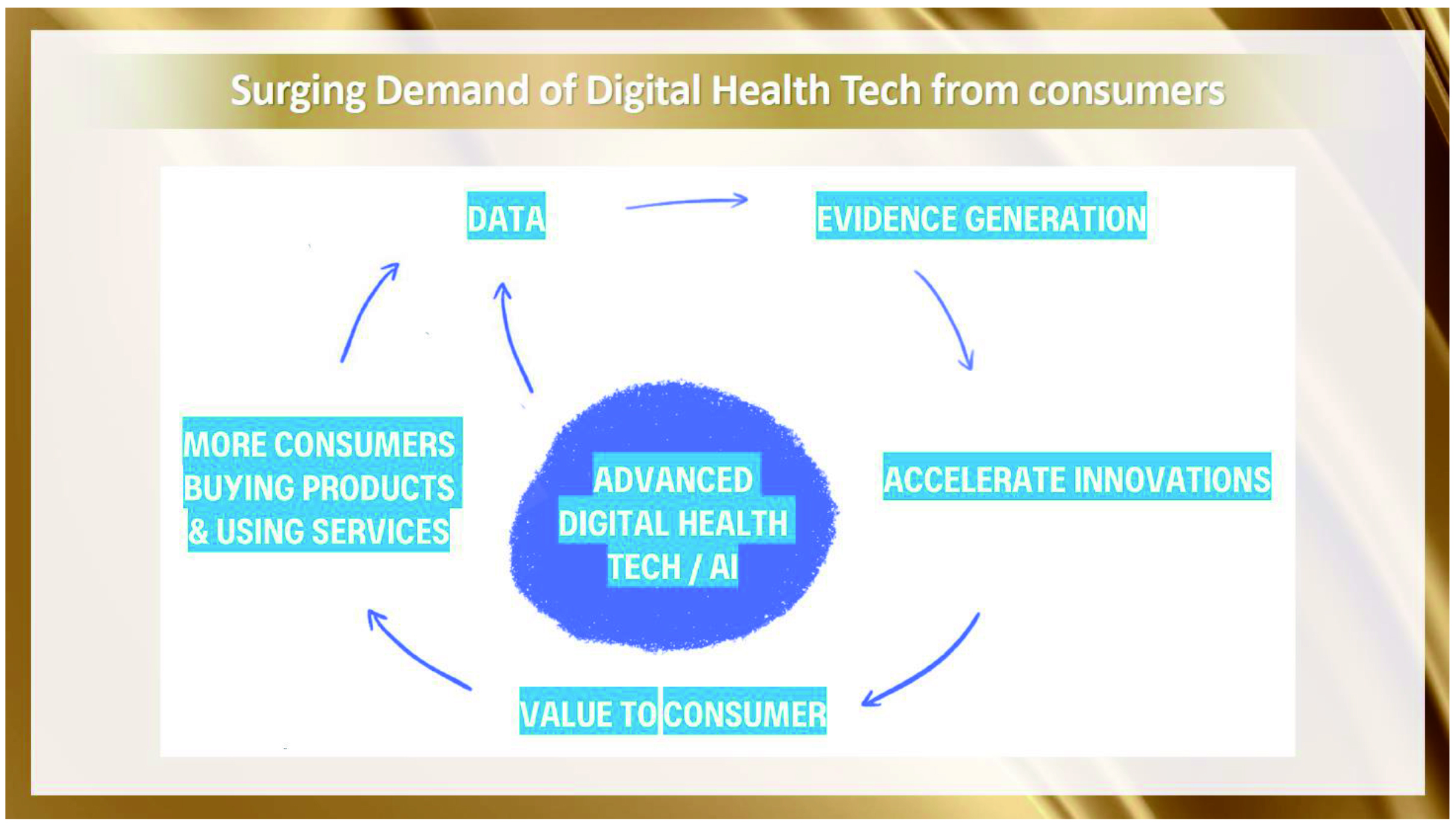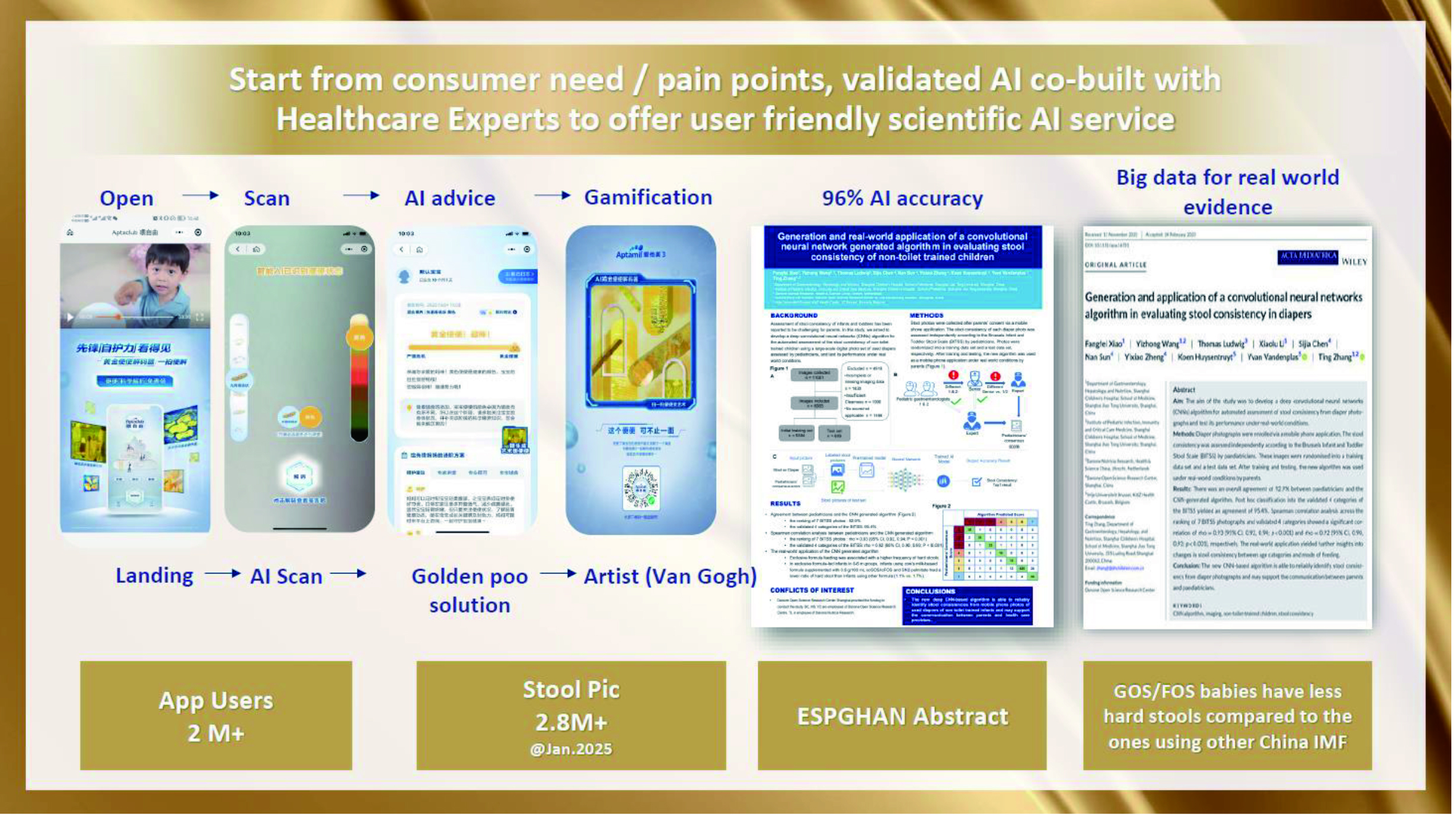
Microbiome plays a pivotal role in human health, influencing key physiological functions such as digestion, immune system regulation, and mental well-being. Microbiome-based research and applications shed light on the significant impact of these microorganisms on human health and pave the way for personalized healthcare tailored to individual microbiome profiles. The growing recognition of the microbiome's importance has led to a rapidly expanding innovation market which reflects a global shift toward personalization and advancements in healthcare approaches, including healthcare service, medicine and digital health technology.
On the 11th January 2025, the Microbiome Summit 2025, themed “Microbes Spark Discovery” held at the Hong Kong Science and Technology Park, hosted by the Chinese University of Hong Kong and the Microbiota I-Center (MagIC), aimed to convene leading experts in cutting-edge microbiome research and applications for an exchange of ideas. This summit featured lectures and symposiums that focused on essential microbiomerelated topics, along with discussions on the microbiome innovation market.

Jan Knol
Professor of Microbiology,
APC Microbiome Ireland and School of Microbiology, University College Cork
Early life nutrition is crucial for establishing a healthy gut microbiome, which in turn influences immune development, gut health, and long-term health outcomes for infants. Human milk is a complex liquid that has evolved as the optimal nutrition for sustaining healthy growth in infants. It provides essential nutrients and supports the development of a healthy microbiome. Milk fat globule (MFG) is one of the components of human milk, coated with a complex triple-layer MFG membrane (MFGM). Lipids are vital not only as a primary energy source but also for supporting the structural development and function of the immune system in infants and their later life.

Professor Jan Knol, a Professor of Microbiology at APC Microbiome Ireland and School of Microbiology at University College Cork, was invited to lead a keynote lecture on how early life nutrition affects the microbiome of infants. Prof. Knol emphasized that the gut microbiome is important, particularly in the early life of infants, and suggested that we can learn from the natural composition of human milk to improve infant formulas. Prof. Knol then shared a key innovation of milk lipid globule, based on MFG, in infant formula. The large lipid globules found in infant formula are coated with phospholipid and mimic the lipid composition, structure and size of MFG. Notably, he shared studies that supported the health benefits of large lipid globules and suggested that infants fed with formulas containing large lipid globules can achieve healthy growth patterns closer to those of breast-fed infants, including the development of body mass index (BMI) and gut microbiome composition and function.
In summary, Prof. Knol highlighted that the innovative lipid globules in infant formula significantly contributed to enhancing its nutritional value, digestibility and overall health benefits, making it a more effective alternative to human breastmilk.
Lipids are vital not only as a primary energy source but also for supporting the structural development and function of the immune system in infants and their later life.

Jill Wong
Team Leader, Digital Health Innovation, Nutricia Research
Digital health is an innovative field that integrates technology into healthcare to enhance patient care and improve health outcomes through a wide range of tools. Along with advanced digital health technology and the expansion on artificial intelligence (AI) use, the healthcare landscape is rapidly transforming.
Jill Wong, team leader of Digital Health Innovation at D-Lab, Singapore, and Miller Guo, Head of Digital Health Tech at Shanghai Clinical Research Center (OSRC) in China, were invited to offer their view on AI digital innovation and digital health technology in the community.
Ms. Wong discussed the significant advancements in AI-powered digital health as she explained how AI enhances sophisticated analysis of vast amounts of data and facilitates personalized approaches in delivering healthcare services. Ms. Wong then shared her insights into the development of AI-powered tools and various examples of digital health tools that have been recently launched, such as Stool Tracker which utilize image recognition to help parents monitor their babies' microbiome, stool health and nutritional needs.

AI enhances sophisticated analysis of vast amounts of data and facilitates personalized approaches in delivering healthcare services.

Miller Guo
Head of Digital Health Tech, Danone Nutricia
Mr. Guo then divulged deeper into the realm of scientific digital health tech services. He discussed the transformative role of digital health technology in the development of digital health services. Together with AI, digital health technology empowers clinical studies and evidence generation by enhancing user engagement. Mr. Guo further explained how AI is utilized in Stool Tracker by analyzing and visualizing infants’ microbiome and immunity with up to 96% accuracy against traditional methods. Additionally, Mr. Guo emphasized the importance of real-world evidence and consumer feedback in developing these services.
AI is utilized in Stool Tracker by analyzing and visualizing infants' microbiome and immunity with up to 96% accuracy against traditional methods.
Overall, both speakers illustrated how digital health innovations can transform and improve personalized nutrition and healthcare, in addition to user engagement. They emphasized their commitment to leveraging AI and digital health technology to enhance health outcomes for individuals and communities.






